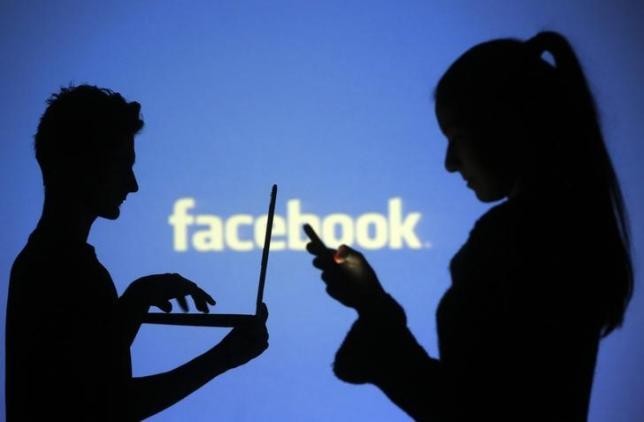Facebook's new feature makes it easier for users to keep more virtual distance from ex-boyfriends, girlfriends, husbands, or wives in newly complicated relationships, without taking the big step of unfriending them. The social network's goal is to ease the heartache of breakups. After Facebook users change their relationship status, they can now "see less" of a person, limit how much the former lover can view of their account, and adjust posts and photos from their old flames.
People often want more physical space between themselves and their exes after a breakup. The social media giant wants to create more virtual space.
In the past, the tech company just prevented exes from appearing in the "Photo Memories" module. It seems that was not enough.
Facebook users can now request to see "less" of their ex. That includes their News Feed posts, and auto-suggests to tag them in photos or to message them.
Past partners of those who use the new Facebook feature will not be notified of the changes, according to Tech Crunch. That could save people a ton of anguish that can result when people learn they have been unfriended or blocked. Break-ups cause enough drama.
Facebook users can also now go through old posts and change the privacy settings for each one, or untag themselves from them. It is as if the first dinner date, walk in the park, and weekend vacations together never happened. They are undone.
Facebook users can make adjustments to the old posts one at a time or in bulk. In other words, they can only allow tagged people to view them.
The "Facebook breakup" feature is only available for United States mobile users. It might be tweaked before a wider roll-out to the social network's 1.5 billion worldwide accountholders, according to ABC News.
A recent study published in the Journal of Positive Psychology showed that 71 percent of young adults need about three months to see the benefits of their breakups. Facebook's new tool might help to mend a broken heart faster.



























